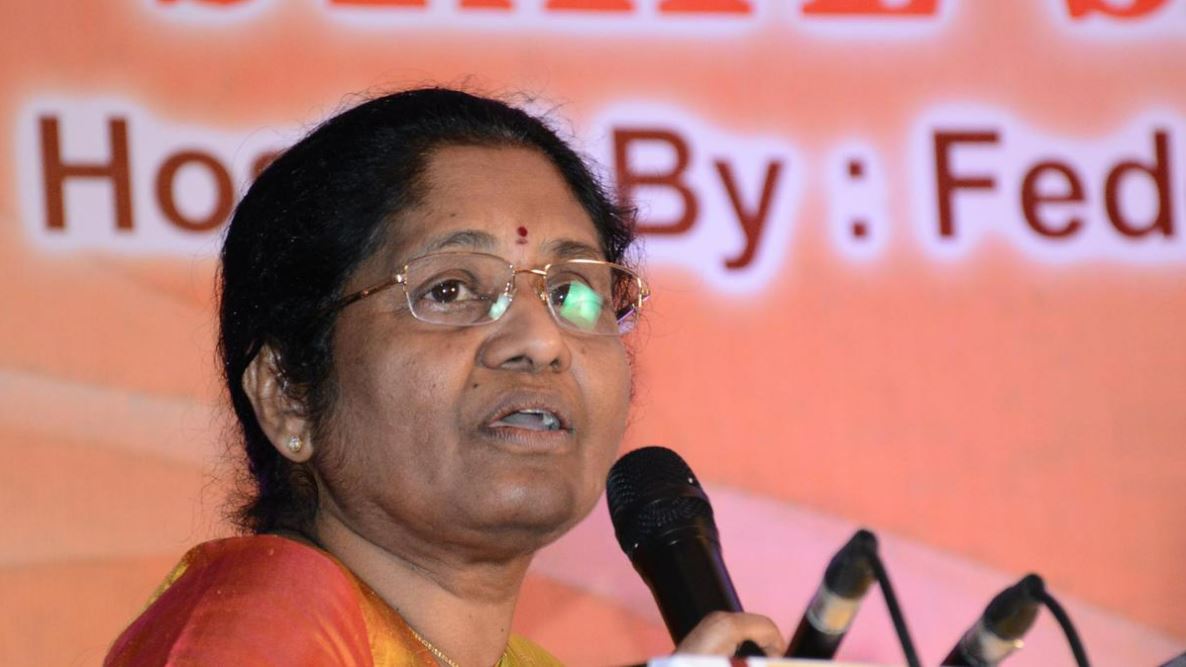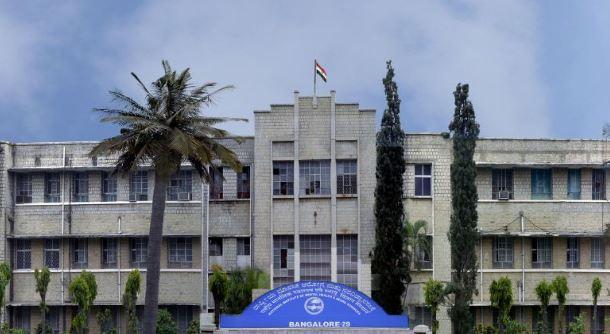The Rohini Commission Submitted its Report After 6 Years

On 31st July 2023, Justice Rohini Commission on Sub-classification of Other Backward Classes (OBCs) submitted its report to the Ministry of Social Justice and Empowerment. The commission was granted fourteen extensions for the submission of its report since the time of its inception.
In October 2017, the then President of India, Ram Nath Kovind, appointed a four-member committee headed by former Delhi High Court Chief Justice G Rohini. The Commission was tasked with examining the sub-categorization of over 2600 castes listed on the Central OBC list. Its findings have significant implications for the socio-economic status of OBC communities and the political landscape in the country.
The four-member commission, chaired by Justice (Retd.) G. Rohini, former Chief Justice of Delhi High Court, includes Dr. J.K. Bajaj, Director of Centre for Policy Studies, New Delhi, and representatives from Anthropological Survey of India and Registrar General and Census Commissioner, India (both ex-officio members). Justice G. Rohini, as the Commission’s Chairperson, hails from the OBC community.
The Rohini Commission’s Mandate
The primary objective of the Rohini Commission was to analyze how the 27% reservation for OBCs in jobs and education, along with other government benefits, was being utilized by different caste groups. It sought to identify the caste groups that dominated reservation benefits and those that were underrepresented.
Sub-Categorization for Equitable Redistribution
After extensive research, the Rohini Commission concluded that a small number of caste groups were dominating reservation and government benefits among all OBCs. To ensure equitable distribution of benefits, the Rohini Commission explored the sub-categorization of existing OBC groups. This involved further dividing the OBC caste groups based on their historical access to government benefits.
Formulating a Redistribution Formula
The Commission developed a formula to allocate the highest share of the 27% reservation to groups that historically had limited access to benefits. Simultaneously, it recommended allocating a smaller share to the caste groups that had traditionally dominated this sphere.
Submission of the Report
The Rohini Commission submitted its report to the President, highlighting the need for detailed deliberations with stakeholders before implementing its recommendations. While the report provides essential insights into OBC communities’ socio-economic status, the government remains cautious about its implications on electoral and political dynamics.
Significance of the Findings
The Rohini Commission’s data on OBC communities’ benefit utilization since 1992, when reservation for OBCs began, holds immense significance. It is the first time that such detailed data will be available, shedding light on changes in the socio-economic status of historically advantaged OBC communities.
Impact on Caste Census Debate
The Commission’s granular data aligns with growing demands for a caste census by the Opposition. Several State governments, including BJP-run ones, are considering their surveys on caste and socio-economic indicators. The Commission’s findings will undoubtedly influence the discourse on caste census and social welfare policies.
Challenges for the Ruling Party
The report’s recommendations could pose challenges for the ruling Bharatiya Janata Party (BJP), especially concerning vote bank dynamics. Implementing the recommendations may risk alienating certain politically dominant caste groups that have been benefiting from reservation advantages.
Delays in Submission
The Rohini Commission’s report was submitted after several extensions. The government cited various reasons for the delays, including the COVID-19 pandemic and the monumental task of rationalizing the Central OBC list. However, some experts speculated that political considerations might also have influenced the timeline.
Way Forward
The Rohini Commission’s report holds the potential to transform the socio-economic landscape and political dynamics in the country. As discussions on caste census intensify, the Rohini Commission’s findings provide valuable insights into the utilization of reservation benefits. However, the government’s cautious approach indicates that further discussions and consultations with stakeholders are essential before implementing the recommendations.





